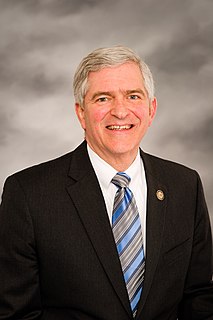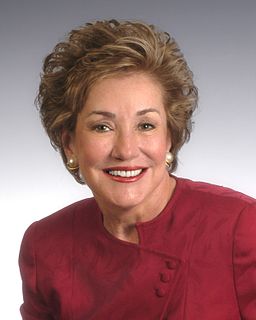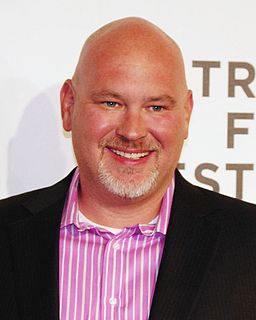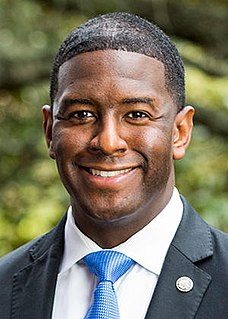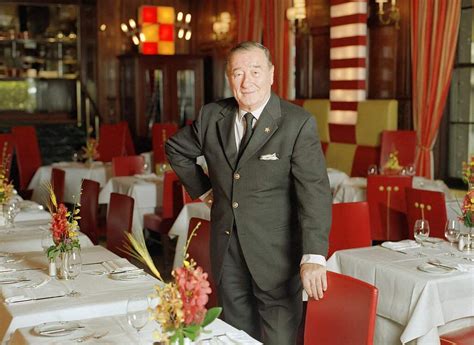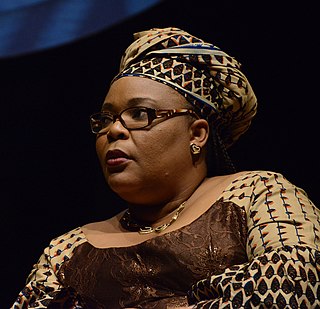A Quote by Whitney Wolfe Herd
The power lunch is no longer just for men. We all deserve a seat at the table.
Related Quotes
[On power:] Some people really have almost a disdain for that word. They feel it is alien to conscience. Power for power's sake, no. But the positive use of power for positive purposes is very important. You have to understand that. You've got to have a seat at the policy table if you want to make a difference.
Men are the ones who often juggle back and forth for power. It is the women who bring humanity to the table - an understanding that beyond the jobs that men are fighting for, there are people out there really waiting for you to do something for life to go on. The only way all of this can happen effectively is if women are at the table as active participants, not as silent observers.
Especially women, we can relate to wanting to have a seat at the table and a lot of the time it's not even to be more powerful than the men, it's not even to be powerful, it's just to feel that we're not going to be undermined, that our ideas are not going to be taken for granted, that we won't be sexually harassed.
In the old world of business, there was often just one seat at the leadership table for women, two at best. That meant that only so many women could advance. But in a world where women recognize the power that they own - and where technology can upend the traditional rules of engagement - one woman winning doesn't mean another loses.

